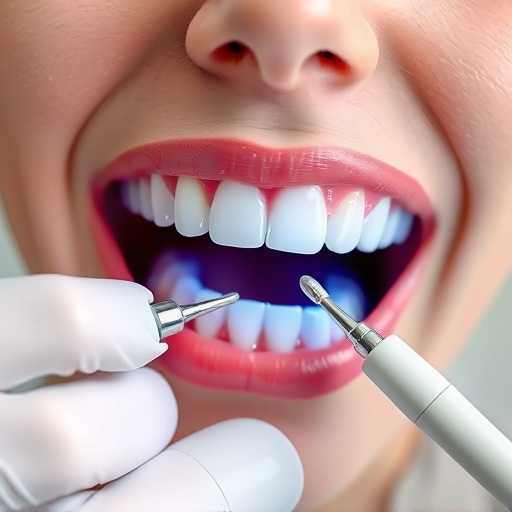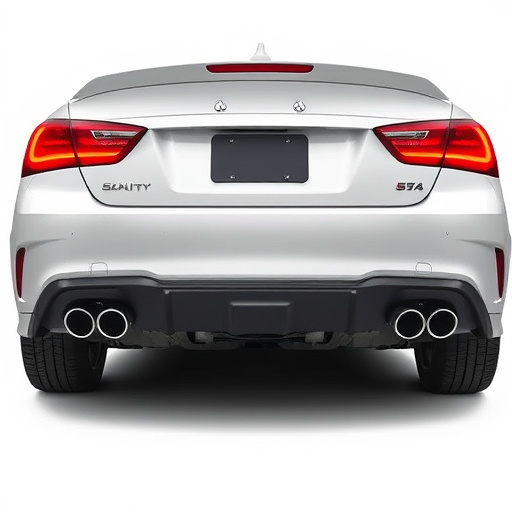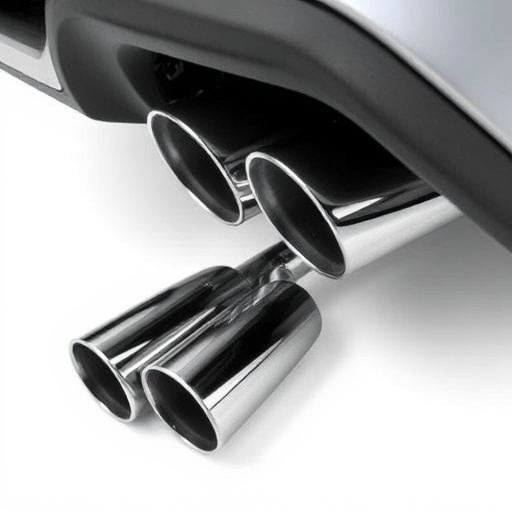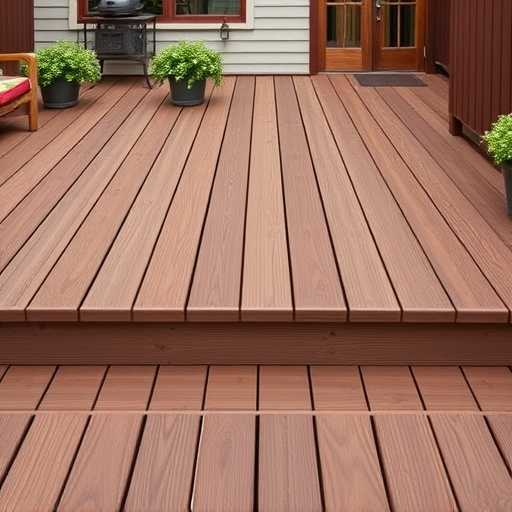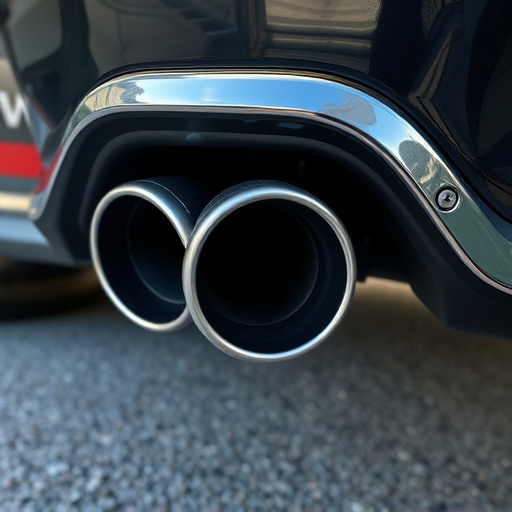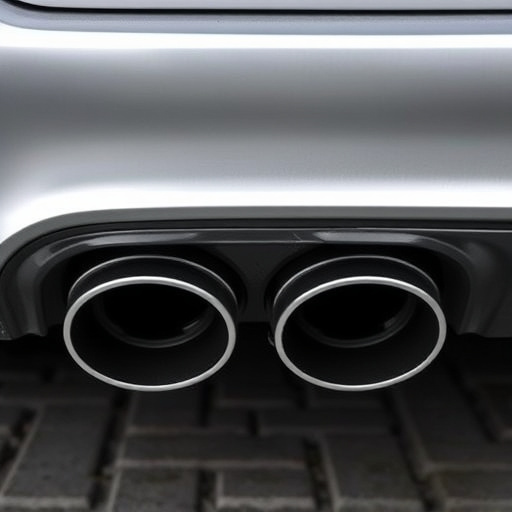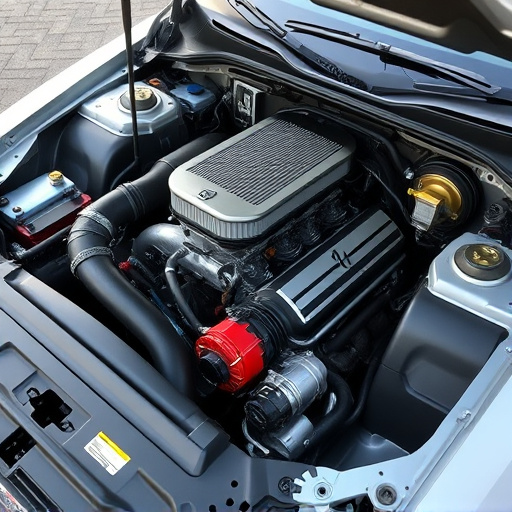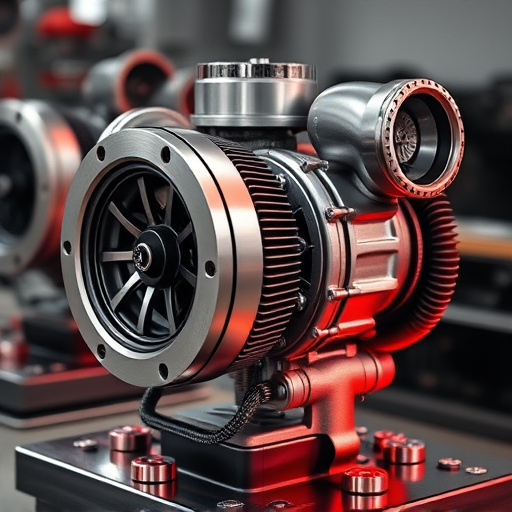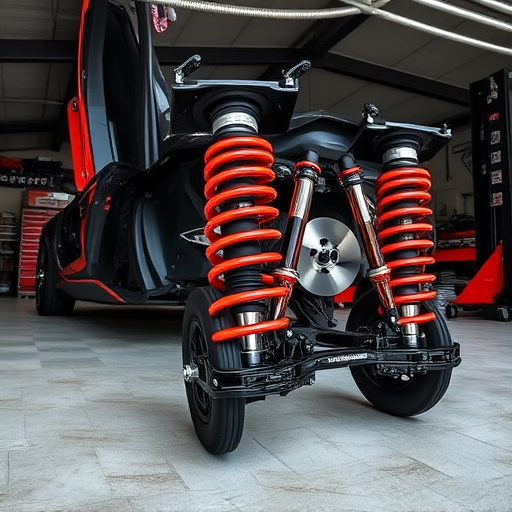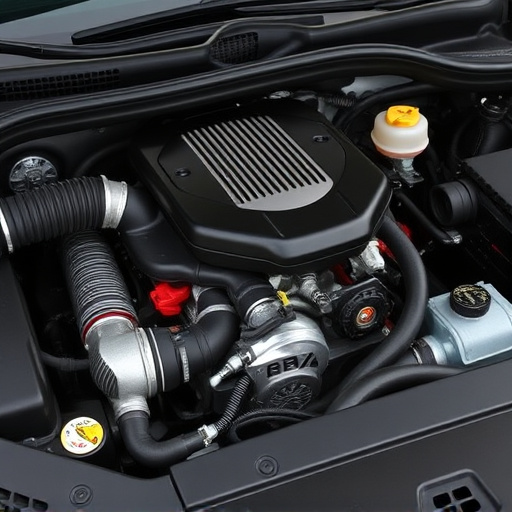Brake caliper covers protect against corrosion and enhance aesthetics but are prone to damage. Regular cleaning, inspection for wear and corrosion, and use of protective coatings extend their lifespan. Timely replacement is crucial for safety and performance, especially with high-performance brakes or in harsh environments. Customized covers offer added protection and style.
Protecting your vehicle’s brake caliper covers from corrosion is essential for maintaining optimal braking performance and ensuring long-lasting component longevity. This comprehensive guide delves into the world of caliper cover care, offering insights on understanding and preventing corrosion. We explore a regular cleaning and inspection routine, revealing effective protection measures tailored to various environmental conditions. Discover practical maintenance tips to keep your brake caliper covers in top condition, enhancing overall vehicle reliability.
- Understanding Brake Caliper Cover Corrosion
- Regular Cleaning and Inspection Routine
- Effective Protection Measures and Maintenance Tips
Understanding Brake Caliper Cover Corrosion
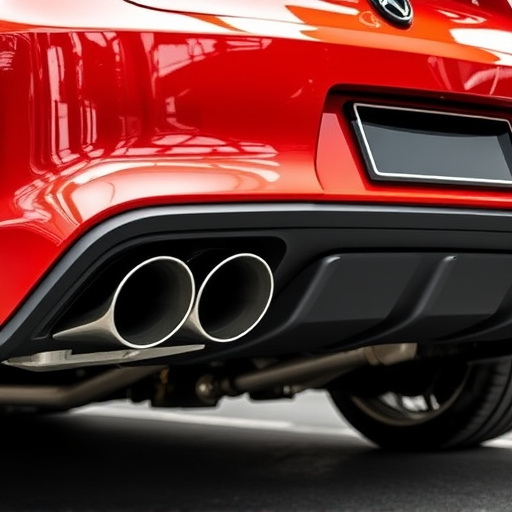
Brake caliper covers are an essential component of vehicle aesthetics and functionality. They protect the high-temperature brake calipers from dust, debris, and other environmental factors that can lead to corrosion. Over time, however, these covers can themselves succumb to corrosion, particularly in regions with harsh weather conditions or poor air quality. Corrosion not only affects the visual appeal but also poses a safety risk by compromising the structural integrity of the caliper assembly.
Corrosion on brake caliper covers often manifests as rust spots, pitting, and peeling of the protective coating. This deterioration can be accelerated by exposure to moisture, salt (from de-icing solutions), and certain chemicals in exhaust systems. To maintain optimal vehicle performance and ensure safe braking, regular inspection and timely replacement of damaged or heavily corroded caliper covers are crucial. Additionally, applying high-quality protective coatings and using materials resistant to corrosion can significantly prolong their lifespan, enhancing the overall health and appearance of performance brakes.
Regular Cleaning and Inspection Routine
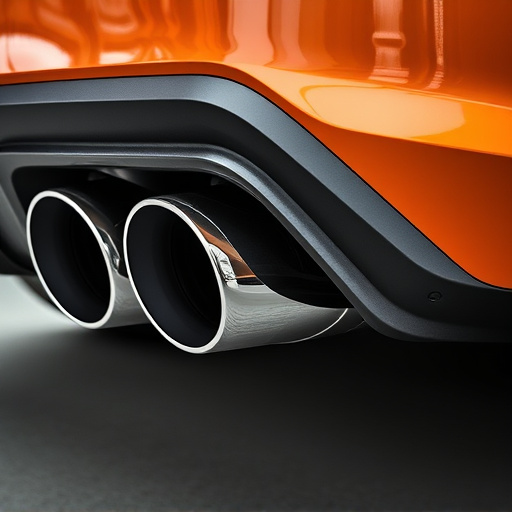
Regular cleaning and inspection are essential components of brake caliper cover maintenance. This routine should be performed at least every few months or after washing your vehicle to prevent corrosion from setting in. Begin by removing the wheel and thoroughly cleaning the caliper assembly with a dedicated brake cleaner, ensuring you reach all crevices. Check for any signs of damage, wear, or rust during this process. Inspecting your caliper covers regularly can help identify issues early on, preventing more severe problems down the line.
Pay special attention to areas exposed to moisture and road salt, as these elements accelerate corrosion. After cleaning, apply a high-quality protective coating or lubricant designed for brake components. This step will create a barrier against rust and ensure your caliper covers remain in top condition, even when exposed to harsh environmental factors like exhaust tips and cold air intakes. Remember, maintaining the integrity of your brake caliper covers is crucial for not only their longevity but also the overall safety of your vehicle, especially when upgrading or installing high-performance parts.
Effective Protection Measures and Maintenance Tips
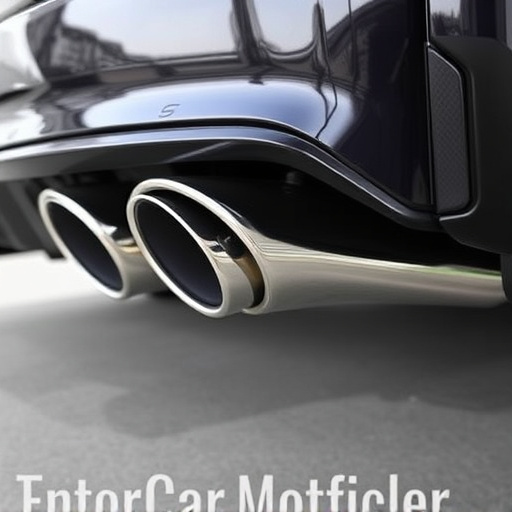
Protecting your brake caliper covers from corrosion is an essential part of maintaining your vehicle’s overall health and safety. Corrosion can lead to reduced braking efficiency, so proactive measures are key. Begin with a thorough inspection; look for any signs of damage, pitting, or rust formation. If you notice issues, address them immediately to prevent further deterioration.
Regular washing and drying routines are effective protection measures. After each wash, gently wipe down the caliper covers using a soft cloth or sponge. Consider applying a corrosion-inhibiting spray or wax designed specifically for automotive use. Additionally, keeping your vehicle covered when parked, especially in humid environments, can significantly reduce exposure to corrosive elements. For those with high-performance vehicles and wanting to enhance their style, consider customized brake caliper covers that not only protect but also complement the overall aesthetic of the car, like those found in high-performance parts catalogs or even on a cat back exhaust system.
Protecting your vehicle’s brake caliper covers from corrosion is a simple yet vital step in maintaining its overall health and aesthetics. By understanding the causes of corrosion, implementing a regular cleaning routine, and adopting effective protection measures, you can ensure these crucial components remain in top condition. Regular inspections and prompt addressing of any issues will save you from costly repairs down the line, keeping your vehicle running smoothly and safely.

